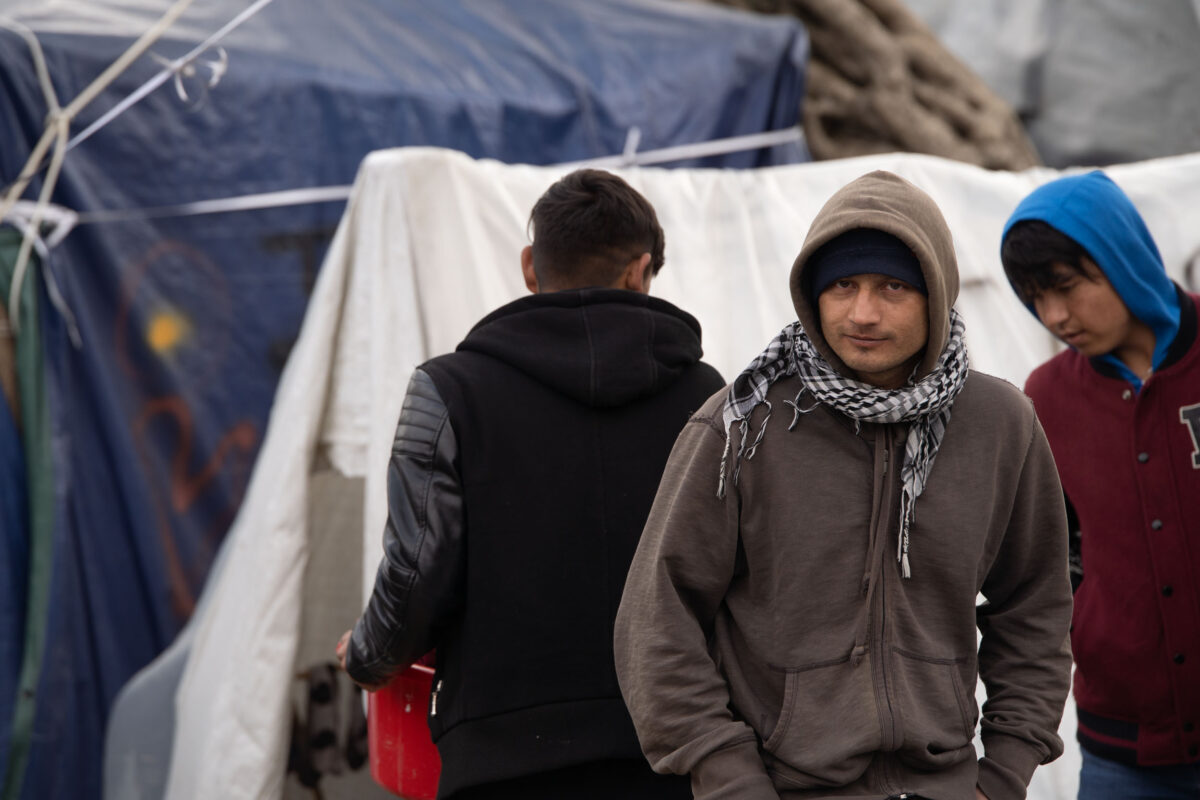Question: Situation of persons seeking protection on the Greek islands

On 12 March, I sent the Commission a question to find out what specific plans were being made to improve the situation on the Greek islands. The answer states that the accommodation has improved since the fire in Moria. However, even eight months after the fire, the residents do not notice much of this. The situation is far from being humane and meeting EU standards. The Commission writes: „The Greek authorities have confirmed that the residents of the new centre will be able to enter and leave the camp at will.“ Currently, people are not allowed to move freely and are locked up. The Commission claims here that this will be different in the new camps, but the Greek government continues to speak publicly of closed campswhich are to be built there. Here the Greek Government seems to be making different promises to the public than to the Commission.
You will find my collected questions to the Commission and the replies here.
My request
The situation of those seeking protection on the Greek islands still doesn't meet minimum European standards. Thousands of people have been exposed to a record winter in tents. There is still no running water on Lesvos, and only 23 of the showers were supplied with hot water in January - in sub-zero temperatures and snow. In a report of the EU Task Force Lesvos from the beginning of February, the Commission says that all tents have been winterized. Moreover, the weather is dry for long stretches in winter, and temperatures on the island are rarely below 10 degrees Celsius. At the same time, the Greek government is pushing ahead with the construction of closed and guarded centres with the help of EU funds.
1.what improvements in terms of the minimum humanitarian standards required and freedom of movement are there in relation to the Moria camp in the new Kara Tepe camp?
2. on 3 February 2021 the local parliament in Mytilini adopted a resolution providing for the establishment of an EU-funded closed and guarded camp for a total of 3 500 people. What measures does the Commission intend to take to ensure that its promise to Parliament that the camps at the external borders will not become closed camps is implemented?
3. there are increasing indications that the undignified temporary camp will continue to exist next winter. What is the timetable for the establishment of decent housing and how is the Commission ensuring that it is adhered to?
Answer given by Ylva Johansson on behalf of the European Commission on 19.05.2021
The Mavrovouni camp was set up on a temporary basis in order to provide people with immediate shelter after the fires in Moria. The Commission and the Greek authorities have since been working to improve reception conditions. To this end, the Commission is providing funding, operational and technical assistance. Work on water and electricity supply, sanitation and ballasting is continuing area by area. Hot water showers and toilets have been installed. The medical area is being upgraded and medical supplies are being provided. The Commission and the Greek authorities will continue to work on additional improvements.
The protection and improvement of living conditions for asylum seekers in Greece is a priority for the Commission. The existing centres on the islands will be replaced by multifunctional reception and identification centres in line with the EU acquis and standards. The Commission is providing substantial financial support, on condition that the new centres comply with the relevant acquis. The Greek authorities have confirmed that the residents of the new centre will be able to enter and leave the camp at will. The establishment of a system of access cards should ensure the security of the centres. The agreement on the joint pilot project on Lesvos provides for the Commission to be consulted on the centre's procedures.
Work on the islands is at different stages of planning and construction. The Greek authorities confirmed their commitment to complete the centres by the end of 2021. The Commission is working with the Greek authorities through a dedicated Task Force and is monitoring the progress of the work, including through monthly Steering Committee meetings involving all relevant stakeholders.